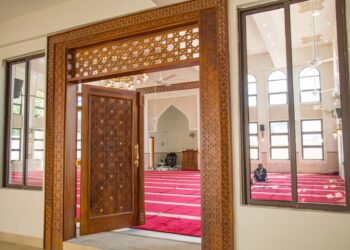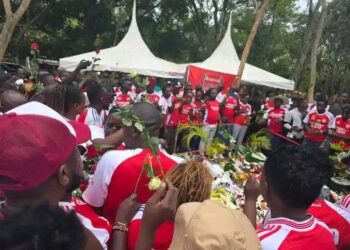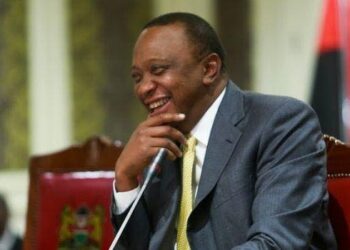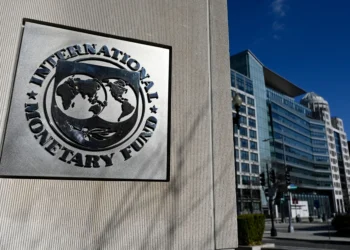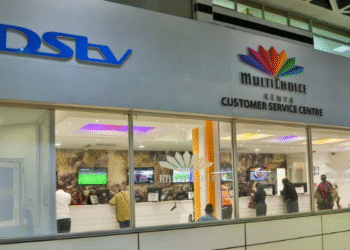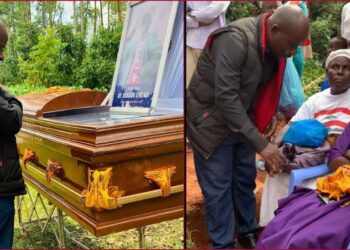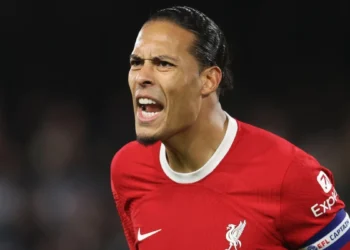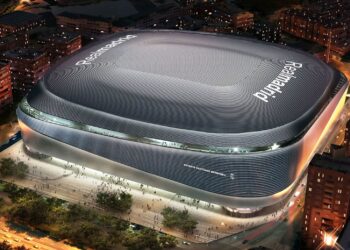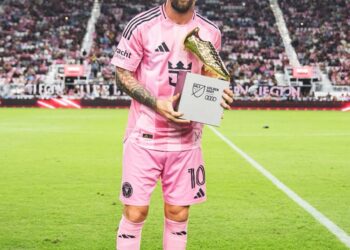The high cost of water in Majengo, Nairobi, has contributed to some men boycotting bathing for several days.
A large percentage of men wear clothes more than once and prioritise spending their money on food or fares.
The situation is similar on Baba Ndogo, Bahati, Laini Saba, Landi Mawe, Rongai, and Makadara streets.
The problem of water shortages continues to be witnessed in several parts of Nairobi, even after witnessing torrential rain in some parts of the country.
Many men buy only drinking water because of what they claim to cause and the difficult living conditions that result from the inflation of the price of essential goods.
Napoleon Omweri, a resident of Rongai, said that water is often sold by donkeys or trucks from one farm to another, but the price has doubled, with some sellers blaming the high price of fuel.
He says he has been living in Rongai for about 13 years now, but he has never seen such a big water problem as it is now, and sometimes he goes to work without showering as long as life continues.
Those who do the business of selling water are well owners who often admit that the population of Rongai is so large that it is not enough to reach many families.
In Rongai, 20 litres of water have been sold for between Sh20 and Sh30, but now buyers are charged up to Sh60.
The situation is similar in the Mlolongo area of Machakos County, where 20 litres of water have increased from Sh30 to Sh50 while some buyers are being sold sewage at night.
On his part, Omweri says that many plots have been cut off by water and sewage companies due to past debt arrears.
